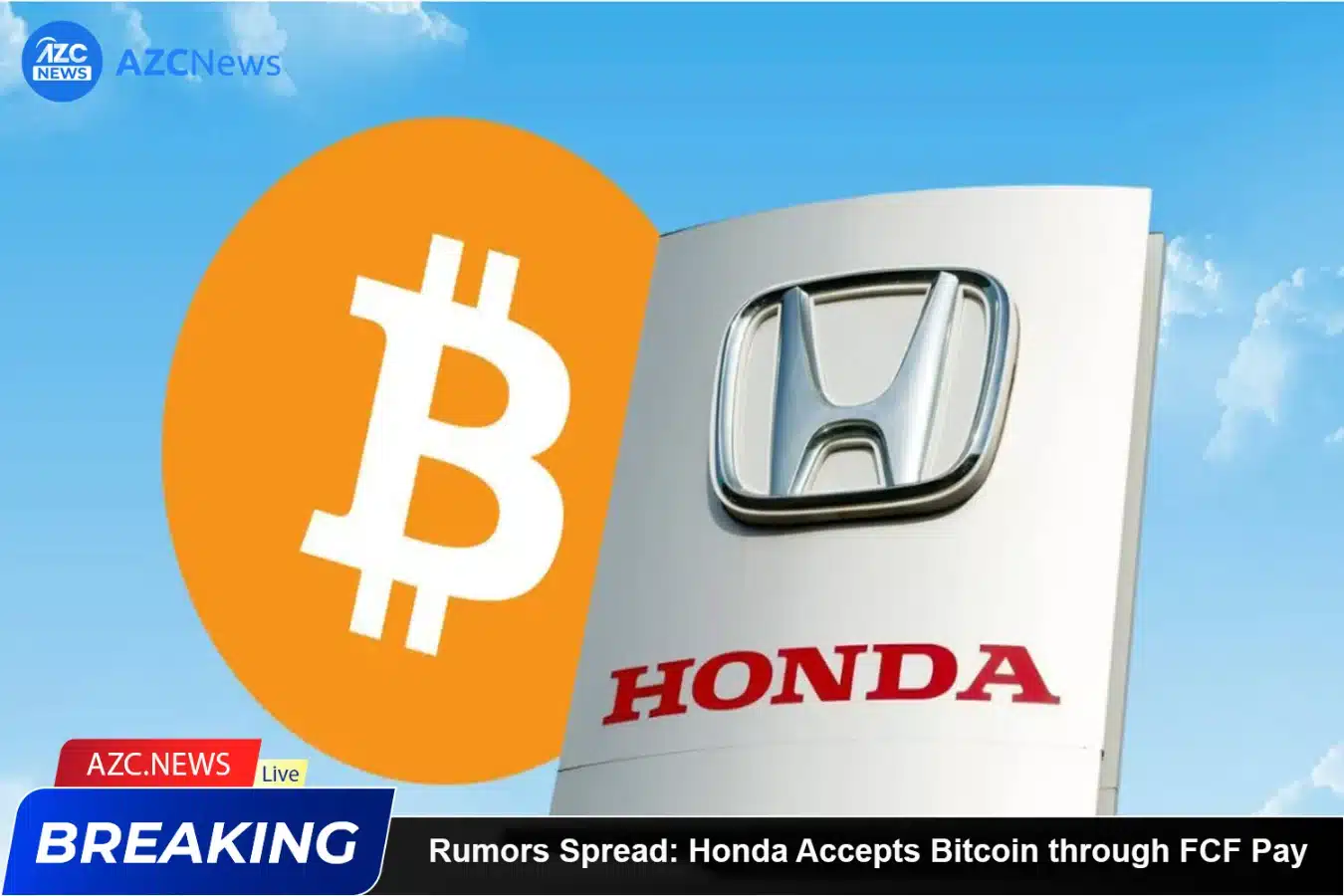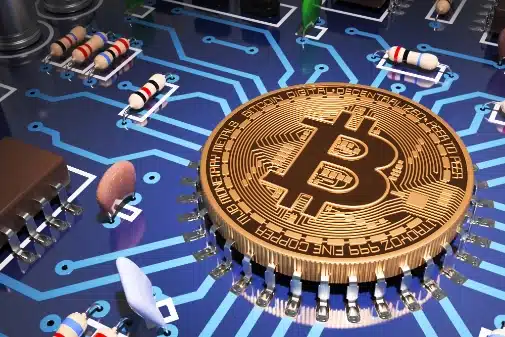Recently, strong rumors have circulated that Honda accepts bitcoin, causing a stir within the Bitcoin community. However, the truth behind these speculations has a difference. This article dissects the situation, highlighting the role of FCF Pay and the broader implications for the automotive industry.
Honda Motor Co., Ltd., (NYSE: HMC), a Japanese multinational automaker, was widely rumored to accept bitcoin as a direct form of payment for their vehicles in early October, contributing to the surge in bitcoin’s value against the dollar.
However, these rumors were debunked by an American Honda spokesperson later in the month. The spokesperson clarified that contrary to the rumors, Honda’s vehicles were not directly available for purchase using bitcoin, and the company’s policies remained unchanged.
Honda Accepts Bitcoin: FCF Pay Paving the Way for Bitcoin Payments
While Honda’s official stance on Bitcoin remains unchanged, a noteworthy alternative emerges through FCF Pay. NASDAQ reported in one of its articles:
Looking to offer new opportunities for consumers across the world, Honda Motor Co Ltd. (NYSE: HMC) expanded its payment options.
What Happened: Tokyo-based car company, Honda Motor partnered with the blockchain payment system, FCF Pay
Many might wonder why this news seems so important to others. Canadian Bitcoiners offered their view on Honda’s stance on Bitcoin, as well as the tax burdens for buying a vehicle with Bitcoin.
“Tax implications, is always about the tax implications” said Joey, one of the commenters from the Canadian Bitcoiners Clips channel.
Related: Vanguard Removes Bitcoin Futures ETF Trading
About FCF Pay
French Connection Finance (FCF) is a group of companies, including a Canadian-based software company and various other LLCs around the world. The FCF team has undergone the appropriate KYC process and the FCF project has been audited by Certik, the results of which show no major or serious issues.
Joe Parkin, the Chief Operating Officer of FCF Pay, emphasizes that Honda is not the sole automobile manufacturer accessible through their service. Other industry giants like Ford, BMW, Nissan, Mercedes-Benz, and Mitsubishi also accept bitcoin payments through the FCF Pay platform.
FCF Pay is gearing up to expand beyond the United States and is actively exploring collaborations with countries in Latin America and other regions worldwide, including Asia and parts of Africa.
As of September 2023, the platform has enabled customers to make purchases using bitcoin, with a fee structure of $3 plus 2% of the transaction.
Expanding on FCF Pay’s mission, Parkin highlighted the platform’s ambition to encourage companies of various sizes and industries to accept direct bitcoin payments. While an enthusiastic supporter of Bitcoin, FCF Pay itself has not entered into exclusive partnerships with companies, including Honda, to enable direct Bitcoin transactions. Parkin emphasized,
Customers can transact in Bitcoin, but the 21,000 companies integrated with our system receive payments in fiat.
The Landscape of Bitcoin in Automotive
This isn’t the initial occurrence of a Japanese automobile company welcoming Bitcoin. SBI Motor, another significant player in the industry, had previously welcomed Bitcoin as a payment method. Furthermore, the electric vehicle giant Tesla gained attention when it announced bitcoin was accepted for vehicle purchases.
The partnership between Honda and FCF Pay, along with these other noteworthy alliances, marks a significant step toward the acceptance of bitcoin and the incorporation of blockchain technology. As the Bitcoin landscape continues to develop, such groundbreaking initiatives are poised to transform the financial and commercial landscape, presenting fresh opportunities and possibilities for consumers globally.








